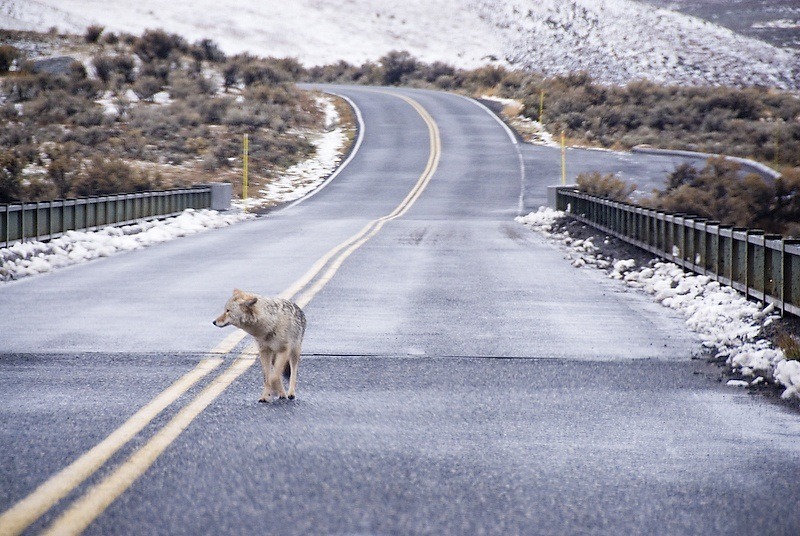The Road Forward?
In spite of the organization’s recalcitrance in providing information about its practices, some have filed suits against Wildlife Services. In 2015, for instance, conservationists including Cascadia Wildlands, The Lands Council, Kettle Range Conservation Group, Predator Defense, and WildEarth Guardians filed a suit claiming that there is not enough data to justify the organization’s wolf removal program, and that it should be disbanded.
Of course, to those who benefit from the program, the situation — including those at fault — looks far different.
“The organizations behind this suit are taking a clear and public stance that they do not care about the cost to ranch families, rural communities or prey populations like deer, elk and moose that suffer when wolf populations are not kept in check,” Stevens County Cattlemen’s Association President Justin Hedrick said. “It’s easy to sit in your cubicle somewhere and criticize the on-the-ground challenges when it isn’t your family or your livelihood at risk.”

Flickr/DSLR Novice
Before such an impasse, solutions are hard to come by — though that’s not to say that those involved in the debacle aren’t trying to find them.
As a first step, University of Washington researchers recommend that an independent panel conduct a “rigorous, large-scale scientific experiment on predator control methods” to ascertain which are effective, and to suspend predator control programs that “are not supported by good science.” Others recommend opting first for non-lethal methods such as guard dogs, scare devices like strobe lights, portable fencing and having more people present in pasture.
Some, including Oregon State University ecologist William Ripple, are more ambitious in how to solve the problems that Wildlife Services has both created and laid bare. “Ideally, discussions regarding potential decreases in both human fertility rates and per-capita meat consumption would be part of a long-term strategy for overcoming these concurrent challenges,” Ripple wrote.
Ripple says that perhaps the most significant improvements can come by changing the way we think about the “wild” and our relationship with it.
“It will probably take a change in both human attitudes and actions to avoid imminent large-carnivore extinctions,” Ripple wrote. “These are some of the world’s most revered and iconic species. Ironically, they are also some of the most threatened. I think in the end, to preserve these large carnivore species, it comes down to humans having tolerance to live with them.”
Next, check out this photographer’s project to promote ethical eating.





